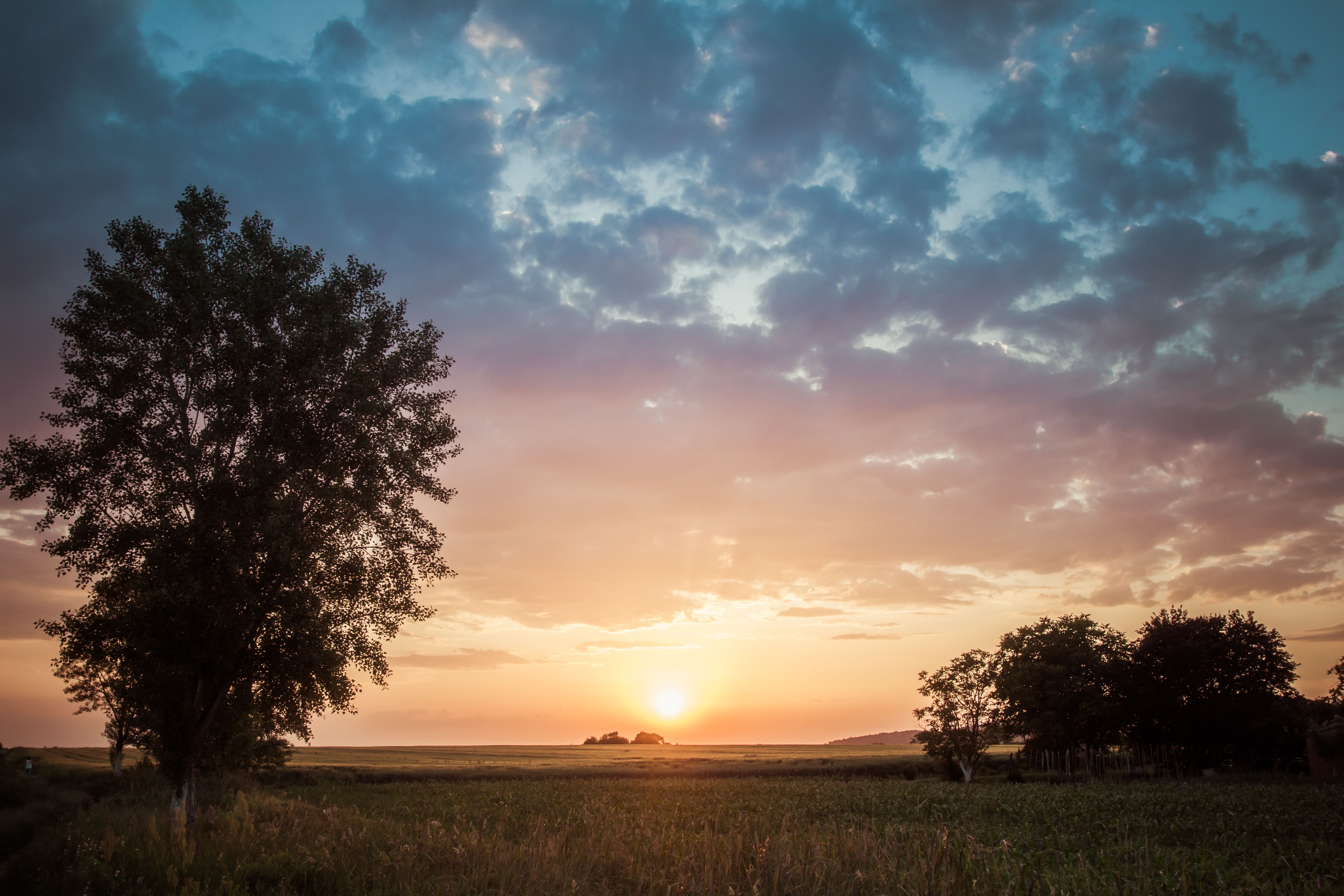Cremation

Cremation is the choice of 8 out of 10 Washington residents and is increasing as the choice of final disposition for various reasons. With the mobility of our society, visiting a family cemetery plot has become much less common or practical. Cost is also a huge incentive towards cremation. Others prefer cremation's simplicity.
There is evidence that humans have used fire to dispose of the dead for approximately 20,000 years. Some religious groups, such as Muslims, Orthodox Christians, and Jews do not practice cremation while others such as Hindus, Sikhs, and Buddhists require it.
Cremation offers numerous options regarding when and where services and/or memorialization takes place. Cremation may occur after a conventional viewing and services if desired. If one selects simple cremation, services may be scheduled for a future time and at a location most convenient for the survivors. Depending on the wishes of the deceased and survivors, cremated remains may be buried in the ground, placed in a columbarium, kept by the family, or scattered in nature. Cremation offers the widest number of options at the most economical cost. Here in Washington State, approximately four in five families choose cremation.
Cremation as a Green Option
Cremation is relatively green when compared with conventional burial involving a metal or hardwood casket, concrete vault, and formaldehyde-based embalming. A typical cremation uses roughly the same amount of fuel as a tank of gas for a SUV.
Modern crematories are designed to burn efficiently with their emissions regulated stringently by regional clean air agencies. The one cremation byproduct that is not yet filtered out in the U.S. is the vaporized mercury released from old dental fillings. However, the EPA has studied the mercury levels surrounding crematories that have been in operation for over 40 years and found that they were still well within acceptable levels.
A few funeral homes invest in wind or solar energy to offset the carbon produced by their cremations to minimize the impact on global warming. Others may plant a tree to offset carbon emissions. Cremation will likely remain the primary choice of disposition for Washington State residents for the foreseeable future.
For more information regarding cremation costs, visit the section on Cremation Plans & Prices. For information regarding scattering and inurnment of cremated remains see Scattering Ashes and Burial & Cemeteries.

